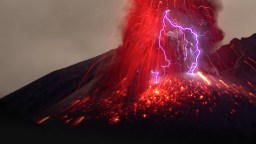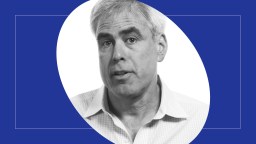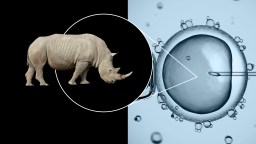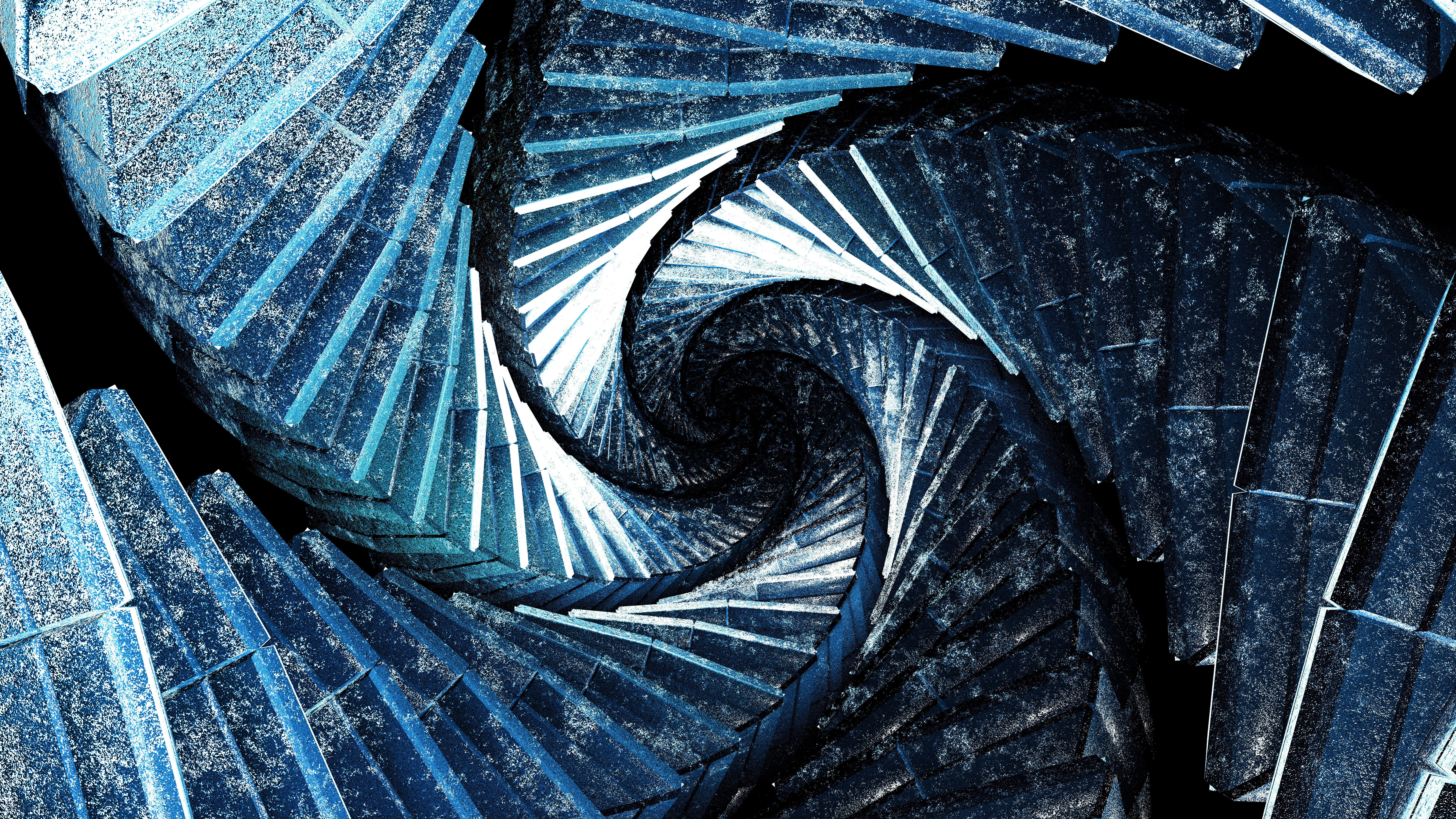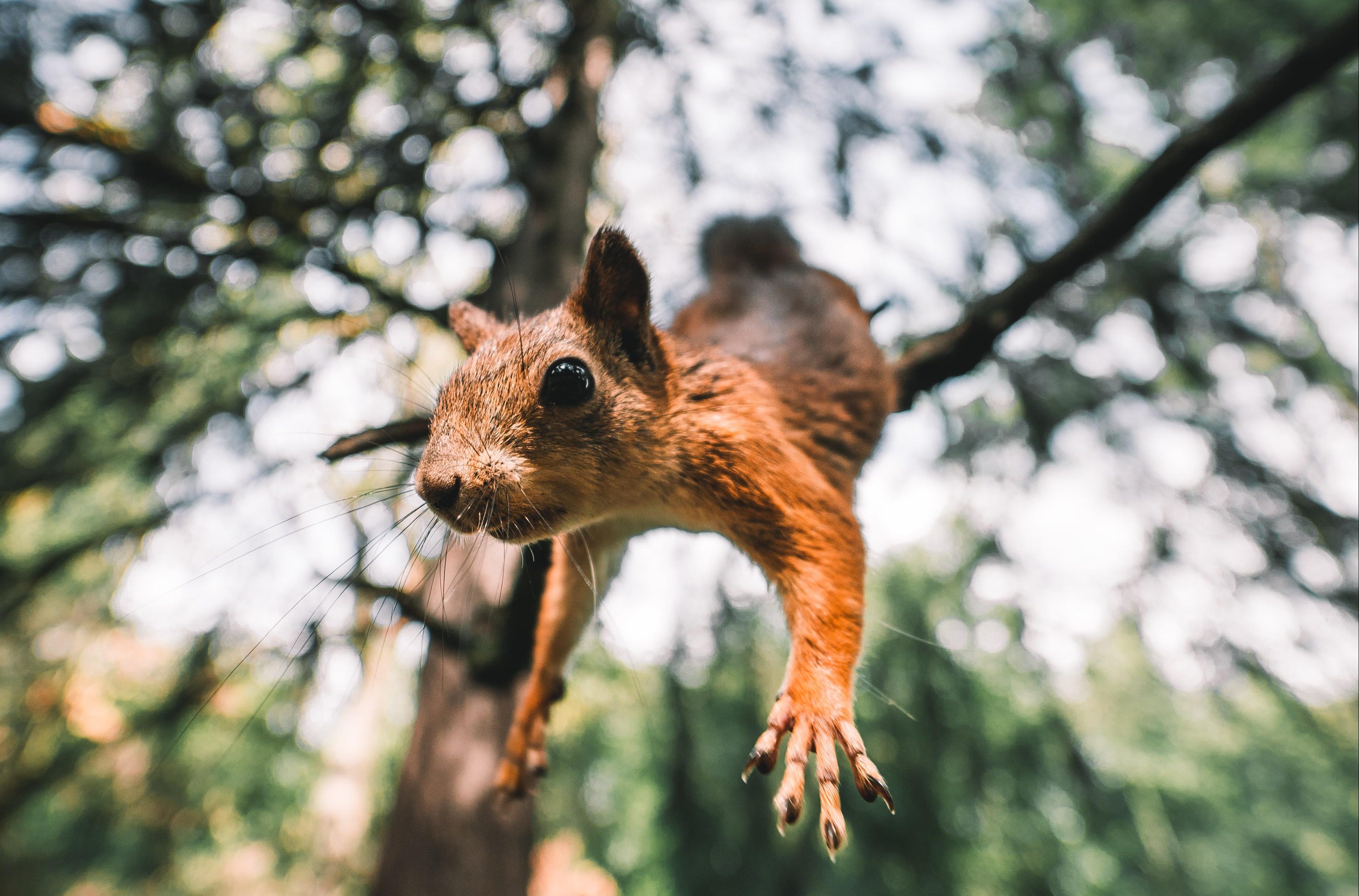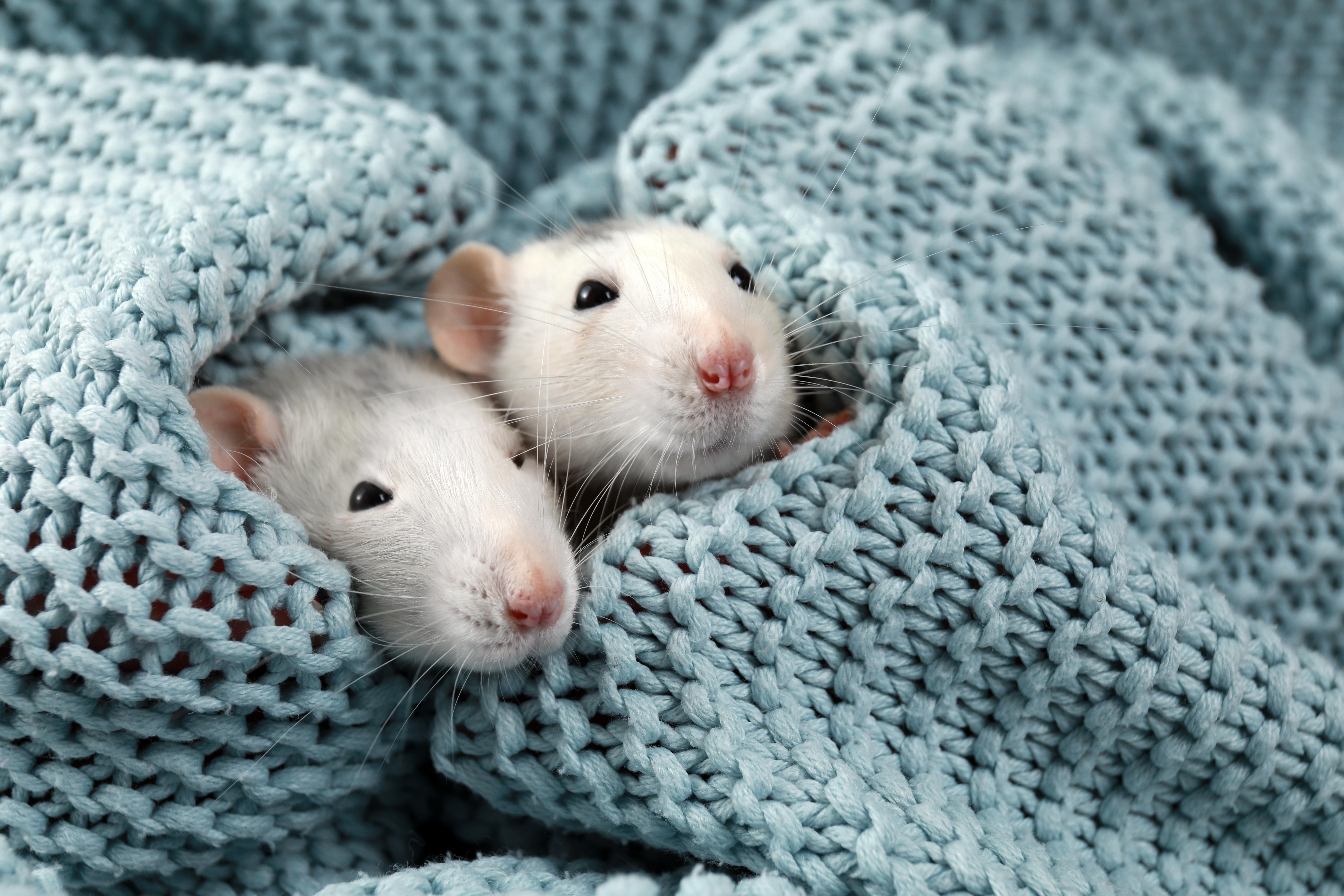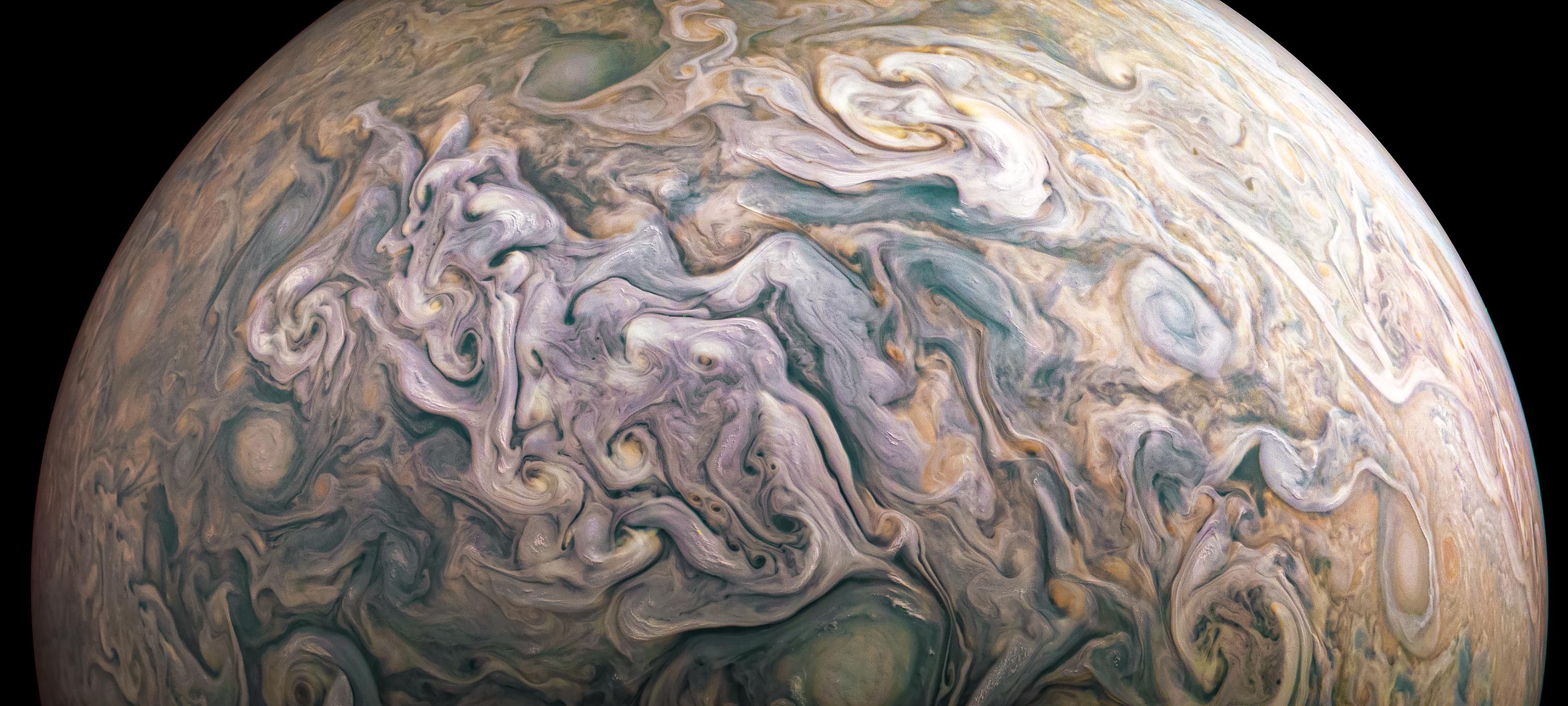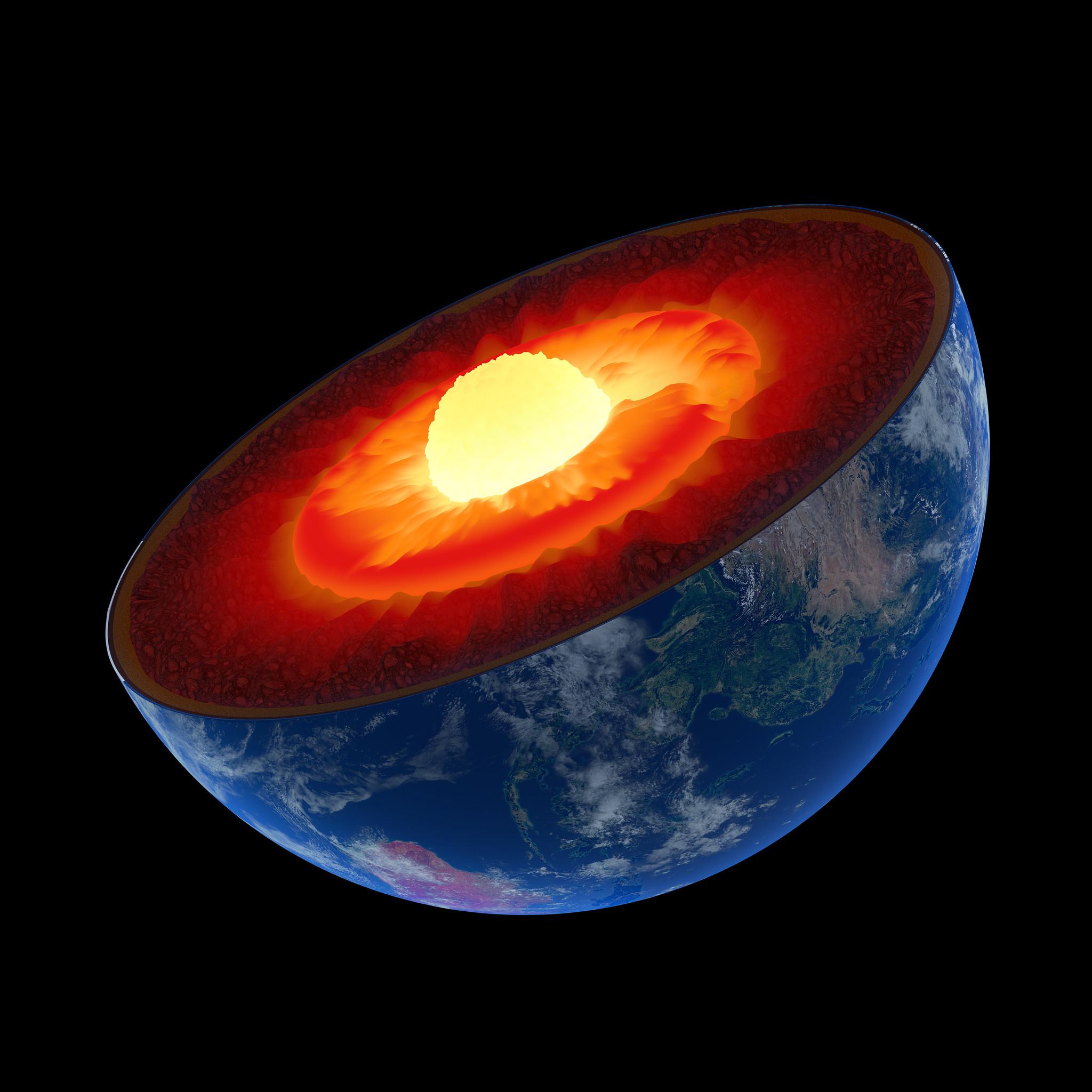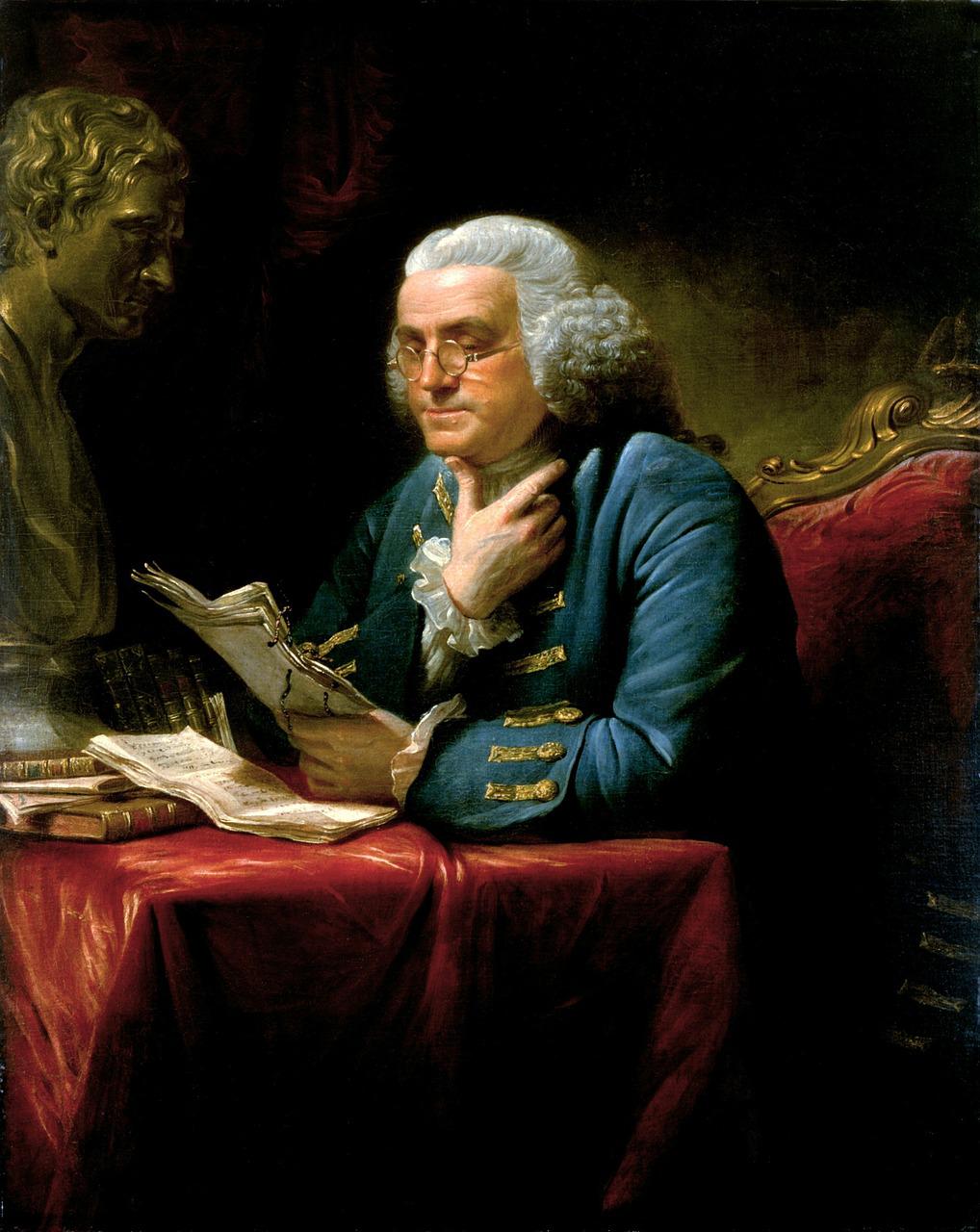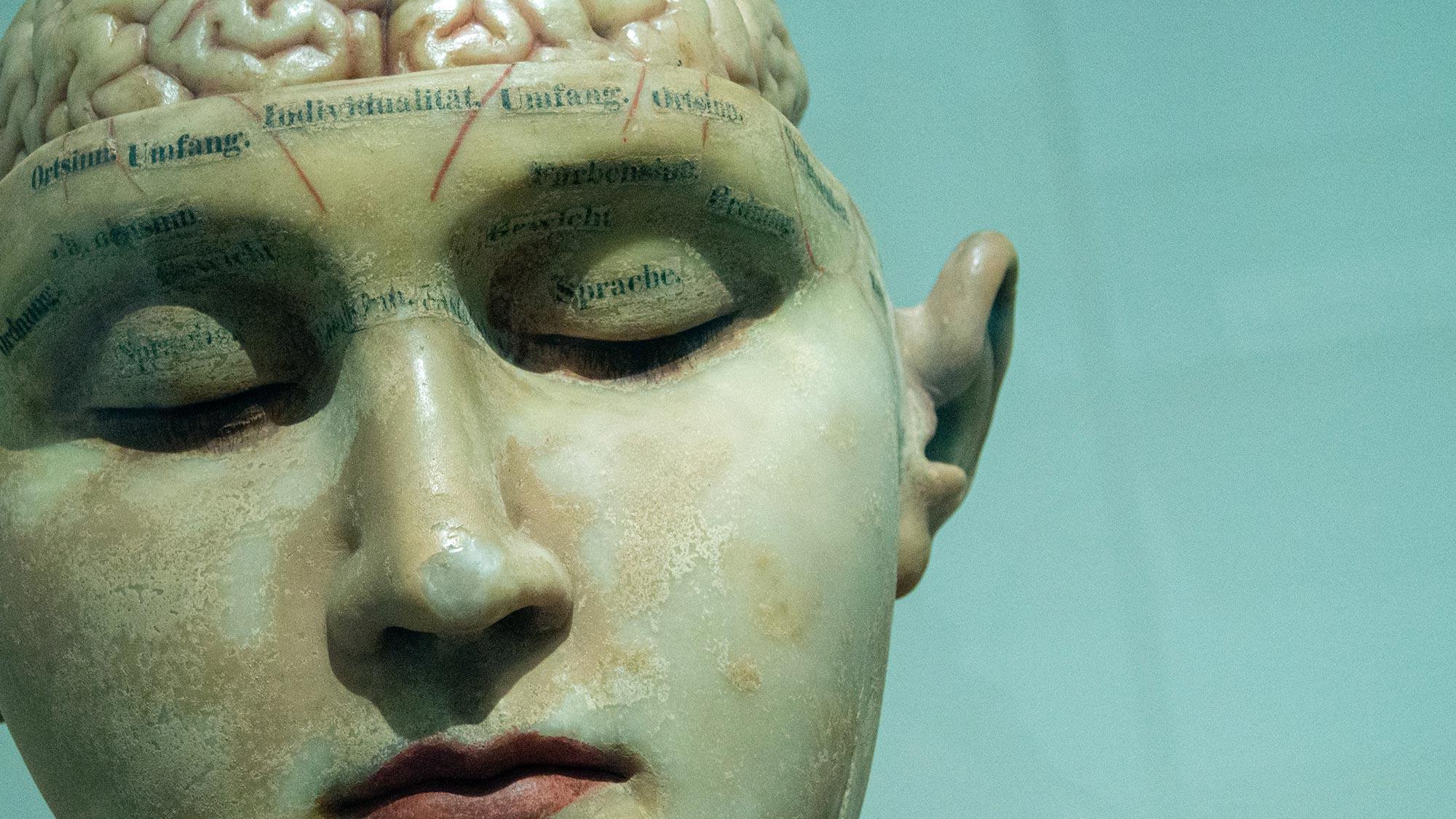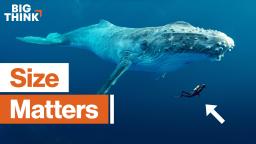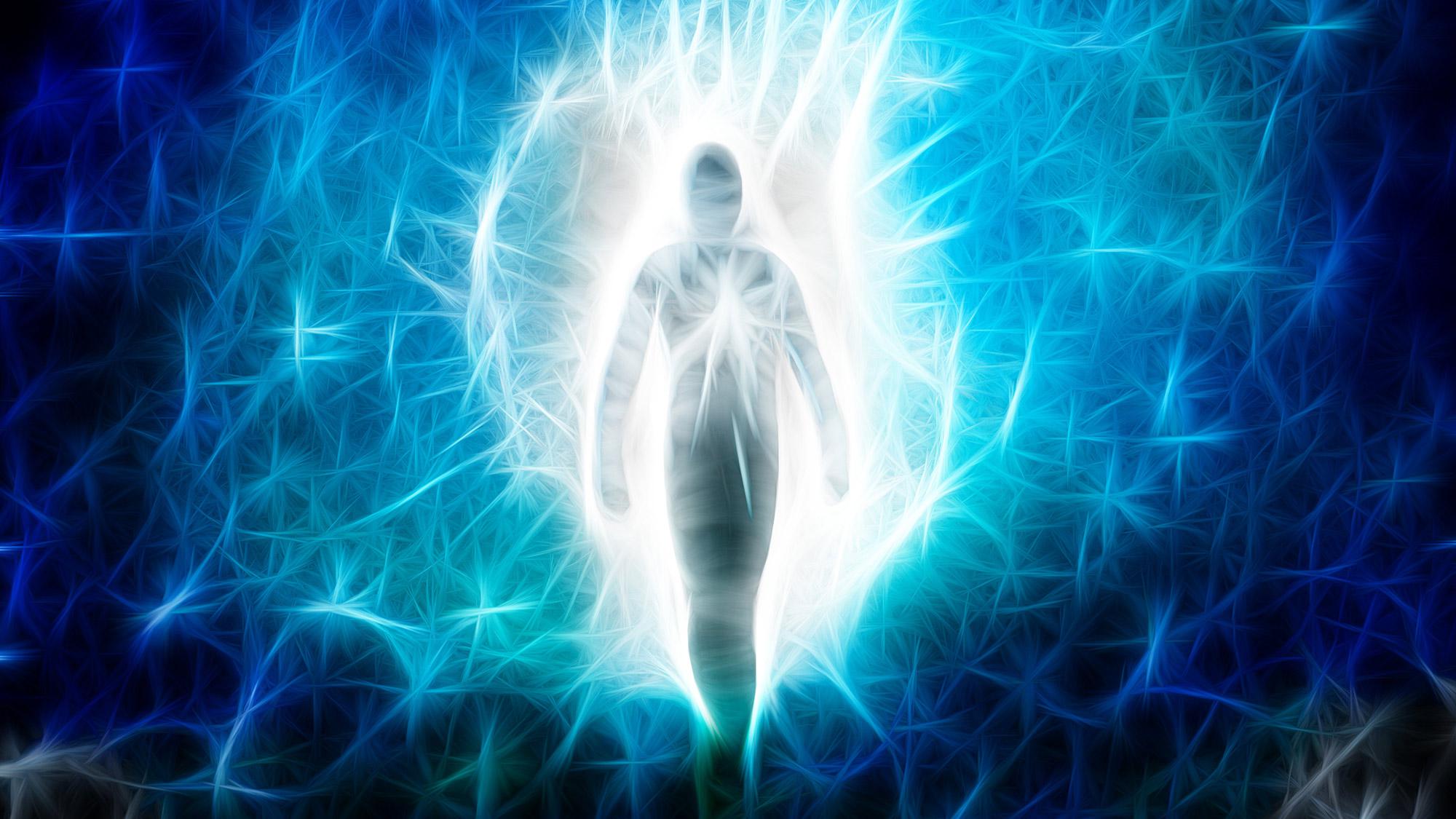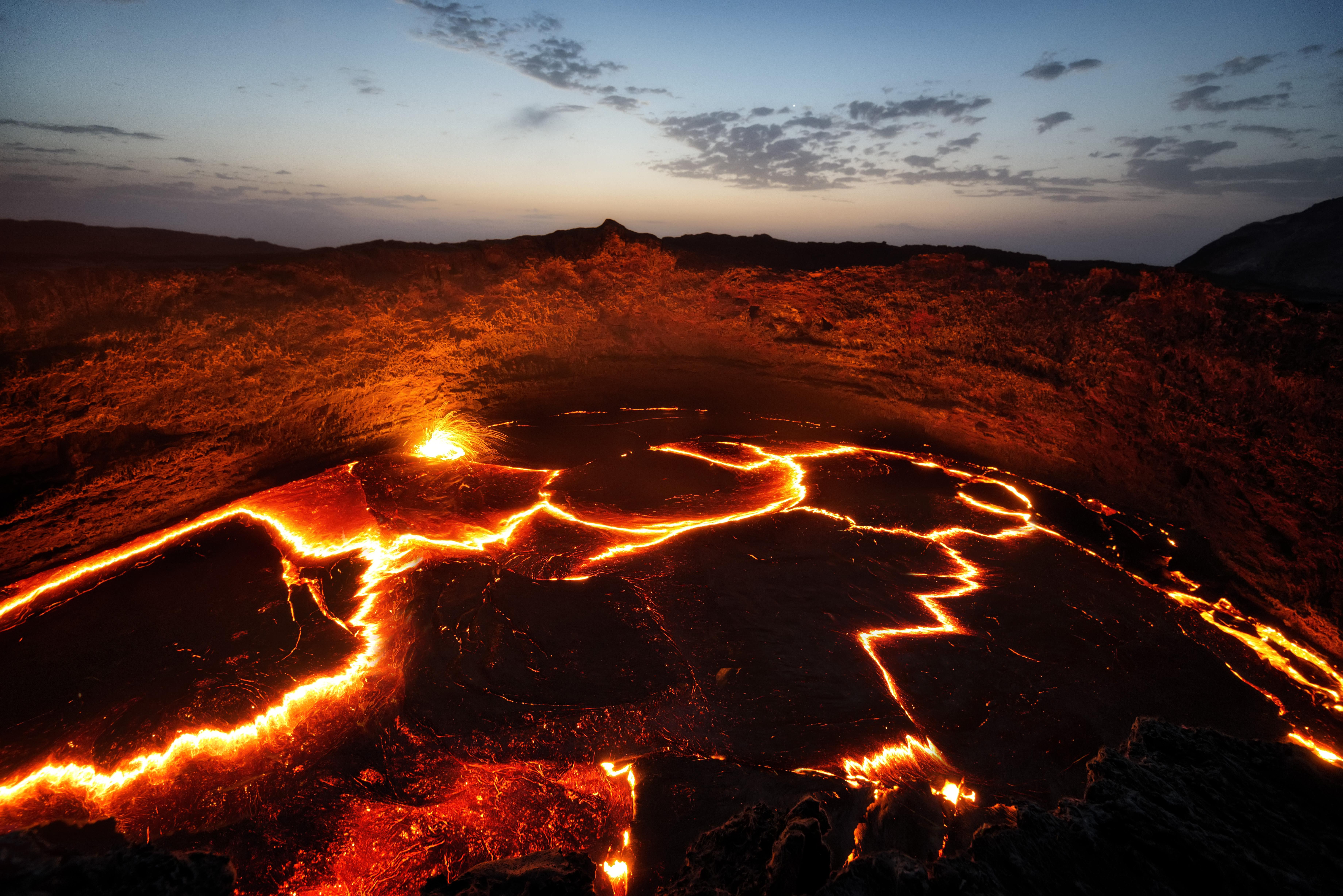science
Why studying happiness is good for your “psychological immune system,” explained by Harvard “happiness professor” Tal Ben-Sharar.
▸
3 min
—
with
The 1815 eruption of Mount Tambora is one of the reasons why Bryan Walsh sees supervolcanoes as the” single, biggest threat to the human race.”
▸
with
These psychological principles can unlock your resiliency.
▸
6 min
—
with
Poachers drove the Northern White Rhino to extinction. One scientist and her “frozen zoo” are on a mission to bring them back.
▸
7 min
—
with
Humanity’s most advanced tech still hasn’t unraveled the mysteries of the human mind. Can brain scans show us how we store memories?
▸
with
What would you do differently if you listened to your true desires?
▸
5 min
—
with
David Julius and Ardem Patapoutian were awarded the highest honor in medicine for their research into how human bodies make sense of and respond to the outside world.
Scientists use tripping rats to show that LSD disrupts communication between two key brain regions.
Reality is more distorted than we think.
▸
with
While a squirrel’s life may look simple to human observers – climb, eat, sleep, repeat – it involves finely tuned cognitive skills.
Why I was prepared to hate The Structure of Scientific Revolutions but ended up loving it.
Cancer cells seem to have a harder time growing among pair-bonded mice, according to a new study that explored the “widowhood effect.”
Three cutting-edge techniques – the gene-editing tool CRISPR, fluorescent proteins and optogenetics – were all inspired by nature.
Jupiter’s atmosphere is hotter than it should be, and now we know why.
The eastern inner core located beneath Indonesia’s Banda Sea is growing faster than the western side beneath Brazil.
The non-contact technique could someday be used to lift much heavier objects — maybe even humans.
Smallpox was nothing new in 1721.
Why your brain wants you to follow the crowd.
▸
6 min
—
with
All the latest titles from the experts at MIT.
We live in a world dominated by science, but most people don’t understand its most essential characteristic: establishing standards of evidence to keep us from getting fooled by our own biases and opinions.
Humans could, in theory, one day use scaling laws to extend our lifespans.
▸
7 min
—
with
Reduction is an approach that has been successful in science but is not itself synonymous with “science.”
A team of biohackers is on a David-versus-Goliath mission to make insulin affordable to an increasing number of diabetics.
Ernst Chladni proved that sound can be seen, and developed a technique of visualizing vibrations on a metal plate.
The Taupo volcano was responsible for one of the most violent eruptions on record.
A new device cured the hiccups 92 percent of the time in a recent study involving more than 200 participants.
Cross-disciplinary cooperation is needed to save civilization.
How were mRNA vaccines developed? Pfizer’s Dr Bill Gruber explains the science behind this record-breaking achievement and how it was developed without compromising safety.
▸
7 min
—
with
Tiny specks of space debris can move faster than bullets and cause way more damage. Cleaning it up is imperative.
▸
6 min
—
with
Researchers were even able store and read a 767-kilobit full-color short movie file in the fabric.

